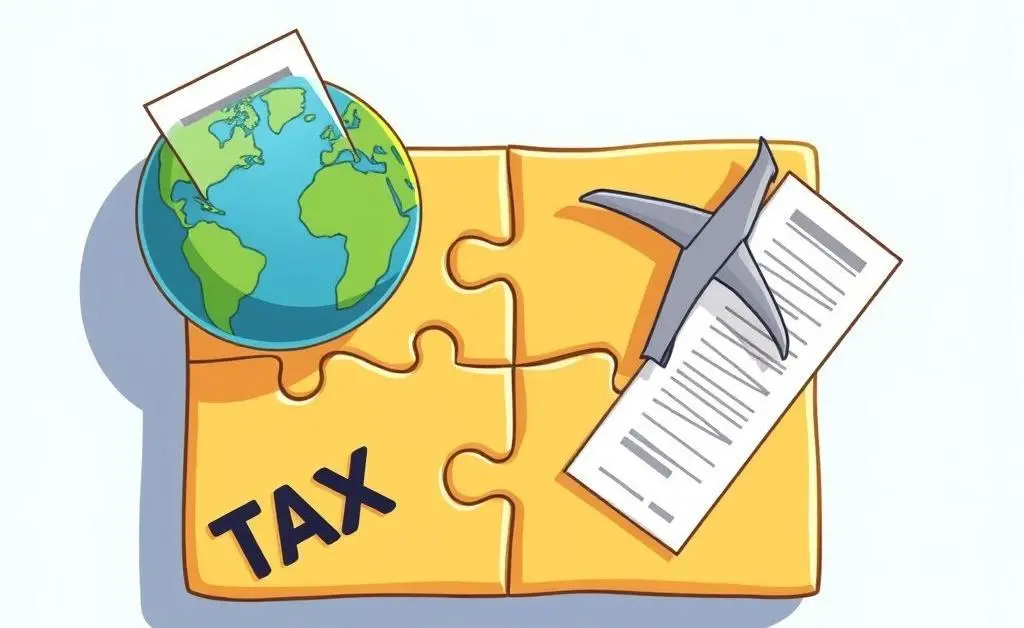Navigating Taxes for Globetrotting Digital Nomads
Discover essential tax tips for digital nomads thriving abroad.

If you're a digital nomad like me, hopping from country to country while working online, you've probably wondered how to handle your taxes. Trust me, the world of international tax law can feel like a labyrinth. But don't worry—I've walked this path and picked up a few helpful tips along the way.
What is the Foreign Earned Income Exclusion (FEIE)?
The Foreign Earned Income Exclusion (FEIE) is a great tax break for U.S. citizens living abroad. It allows you to exclude a certain amount of your foreign-earned income from U.S. taxation. For 2023, the exclusion is up to $120,000. Sounds amazing, right? But there's a catch—you need to pass either the bona fide residence test or the physical presence test. Simply put, you must be present in a foreign country for at least 330 full days during any 12-month period. Learn more about FEIE here.
Understanding the Physical Presence Test
The physical presence test can be a bit tricky. It's all about counting your days—both entering and leaving a country count, so keep meticulous records. This test doesn’t depend on the kind of residence you establish, so it provides some flexibility for those constantly on the move. Keep those travel journals updated!

Should You Consider a Foreign Tax Home?
Establishing a foreign tax home can clarify your tax situation. Your tax home is where your main place of business is located, and it’s ideal to align your tax home with your residence to prevent complications. This can also decide whether you qualify for the FEIE or if you'll be subject to the U.S. tax system entirely.
Double Taxation Treaties Can Be Your Friend
Many countries have tax treaties with the U.S. to prevent double taxation, making it easier to manage taxes on income earned in these countries. For example, Canada and the U.K. have treaties that provide credits for taxes paid. Before you jet off to a new destination, it's wise to check if such treaties exist. Not all countries have them, and knowing this upfront can save you headaches later.

Keep an Eye on State Taxes
Even if you've left the States, you may still owe state taxes, depending on the state's rules. Some states make it notoriously difficult to shed tax obligations, regardless of where you live or earn income. Considering alternatives, like establishing residency in a no-income-tax state before you leave, can provide a smoother financial journey.
Don't Forget About Social Security
If you're self-employed abroad, you might still be liable for U.S. Social Security and Medicare taxes. Investigate if the country you're in has a 'totalization agreement' with the U.S., which can ensure you don't pay these taxes twice. Find more info on totalization agreements here.

Conclusion
Balancing the allure of the digital nomad lifestyle with the responsibilities of tax obligations can feel overwhelming. But with some planning and vigilance, you can bask in the joy of seeing the world while keeping the taxman at bay. What’s your next destination, and how do you plan to manage your taxes from there?




